By continuing to use our site, you consent to the processing of cookies, user data. If you do not want your data to be processed, please leave the site. Find our full Privacy Policy here.
Our Stories
Empowering Youth Leaders Through Play: A Glimpse into Play for Peace Training in the Philippines
Play for Peace Council member and Trainer Richard Delos Reyes (Chad) and volunteer Nheil Stephen Dela Cruz bring energy and enthusiasm to the Salesian Youth Movement's Facilitator's Training in the Philippines through the Play for Peace ritual and chant. Their efforts highlight the transformative power of play in fostering confident, compassionate youth leaders dedicated to community building and global unity.
Celebrating the Hope of Africa
In celebrating the Day of the African Child, we affirm the intrinsic value of every child as our shared heritage and future. This year’s theme, 'Educating the African Child is NOW,' underscores the urgent need for inclusive education that transcends barriers of background, faith, and tribe. As leaders, we must ensure every child receives a comprehensive education, fostering talent and supporting the vulnerable, to secure a sustainable future for Africa and beyond.
Celebrating the Spirit of Play for Peace: 25 Years of Impact
The Children of Play for Peace defy conflict with resilience and joy across 20 countries, fostering connections that transcend adversity. Empowered by leaders like Vijay Kumar and Neelu Grover, our global network of Certified Trainers promotes peace through creativity and dedication. Guided by a committed Board of Directors, Play for Peace continues to empower youth and communities worldwide for 25 years.
Celebrating 25 Years of Play for Peace: Honoring Our Outstanding Volunteers and Partners
As Play for Peace (PFP) celebrates its 25th anniversary, we honor the extraordinary contributions of our volunteers, trainers, facilitators, and partners. Their dedication has been pivotal in fostering inclusion and building peaceful communities through cooperative play. Their inspiring stories highlight the power of play in creating a more peaceful world and exemplify the remarkable impact of Play for Peace.
We Can't Share These Stories with You
At Play for Peace, we spread hope and peace to children and youth in challenging regions. However, some stories must remain untold to ensure the safety of our participants and mentors. In areas like the Israeli-Palestinian conflict, Afghanistan, and the Ukraine-Poland border, sharing details could endanger lives. Despite this, your support has a profound impact, even in these unseen efforts. Thank you for helping us create peace and hope, even when the stories cannot be publicly shared.
Play for Peace Empowers DreamsHub: A Week of Training in Sri Lanka
The article highlights Play for Peace's week-long training program for its partner organization, DreamsHub in Sri Lanka. The program boosted morale among the DreamsHub staff and empowered them to engage with their local community further.
Educators Are Recognized for Supporting Play for Peace
We are happy to share that we just completed our Phase 2 project with Kikori. We have been working on developing age appropriate variations for the activities that were on the Kikori platform. This phase of the project which began in July was actually a continuation of a process that began in early 2022 with uploading over 250 activities to the Kikori platform.
Celebrating Play for Peace in the New Year
Happy New Year to all! We started our year creating a wonderful experience on January 15th where we met to celebrate ourselves and our work with PFP.
Sowing Seeds of Peace in El Salvador / Sembrando Semillas de Paz en El Salvador
At the beginning of December Regional Coordinator, Andres Armas traveled from Guatemala to El Salvador to conduct a Play for Peace session with the Suchitoto Club. A friend and writer of Andres, Veronica Rozotto joined to document her experience. Thank you Veronica for sharing this beautiful piece with us!
Meet Jessica!
Thank you for your dedication to this year's partnership with Kikori, Jessica! We can't wait to see what the future holds for you as your gifts and talents are used to better this world.
You Just Found Out Your Child Is Neurodivergent - Here’s What You Need to Know
The home is the first foundation of your child’s support system. It’s their safe space, where they can be themselves without judgment. Listen, empathize and validate their emotions and problems. They need to know it’s okay to not be like the other kids...
How Climate Change Affects Rural Communities
Rural communities are highly vulnerable to climate change. Colorado State University lists a few reasons behind this, one of which is rural residents’ lower income rates. This leaves them with fewer resources to pay for the consequences of climate change, such as flash flooding.
Healing Play in Burundi
This mini bite-sized update comes from the Healing Play club in Burundi where 150 participants and 6 youth leaders create lasting change in their local communities.
Leading a Successful Workshop at Chico State University
"One of the indicators of the magic of the day was the joy and connection that participants left with and the choice they all made to spend the evening together rather than..."
PFP Alumni - What Are They up to Now?
These are just some life stories of people who, in their youth, believed in the importance of PFP for their formation as leaders of peace. They now inspire other people to form new leadership for a better world, there are...
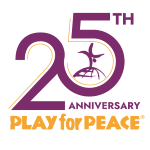
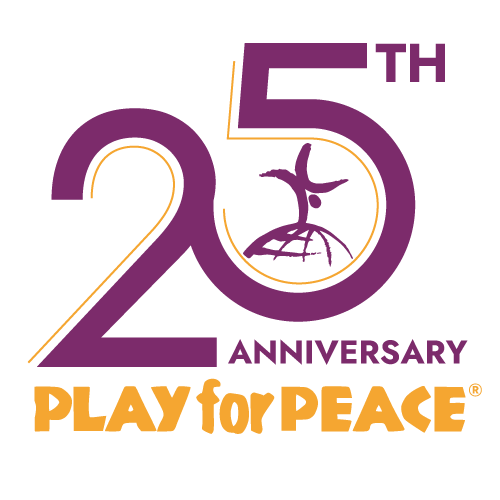
 [Copy 23487415].png)

 [Copy 39761565].png)
 [Copy 43957094].png)

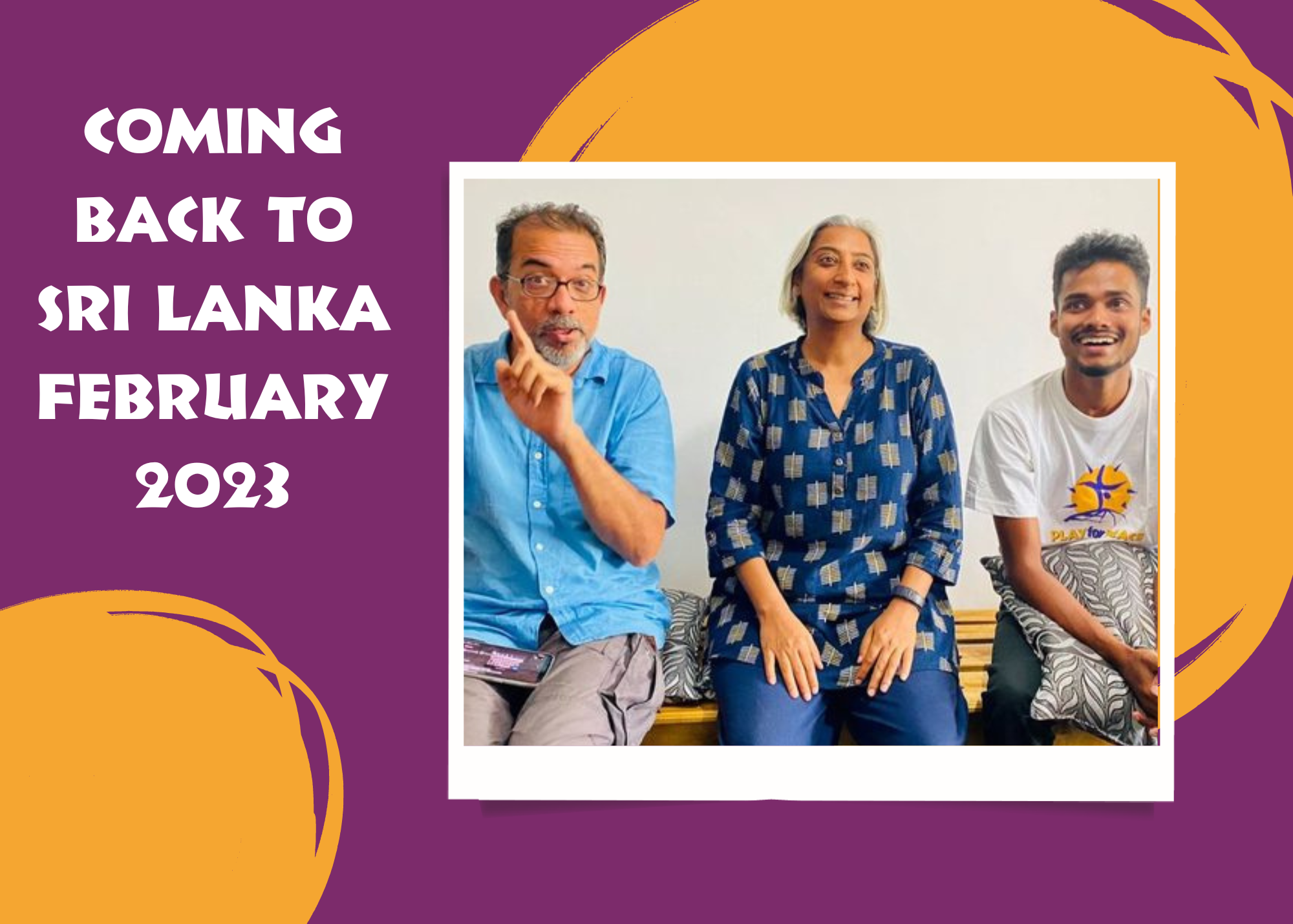
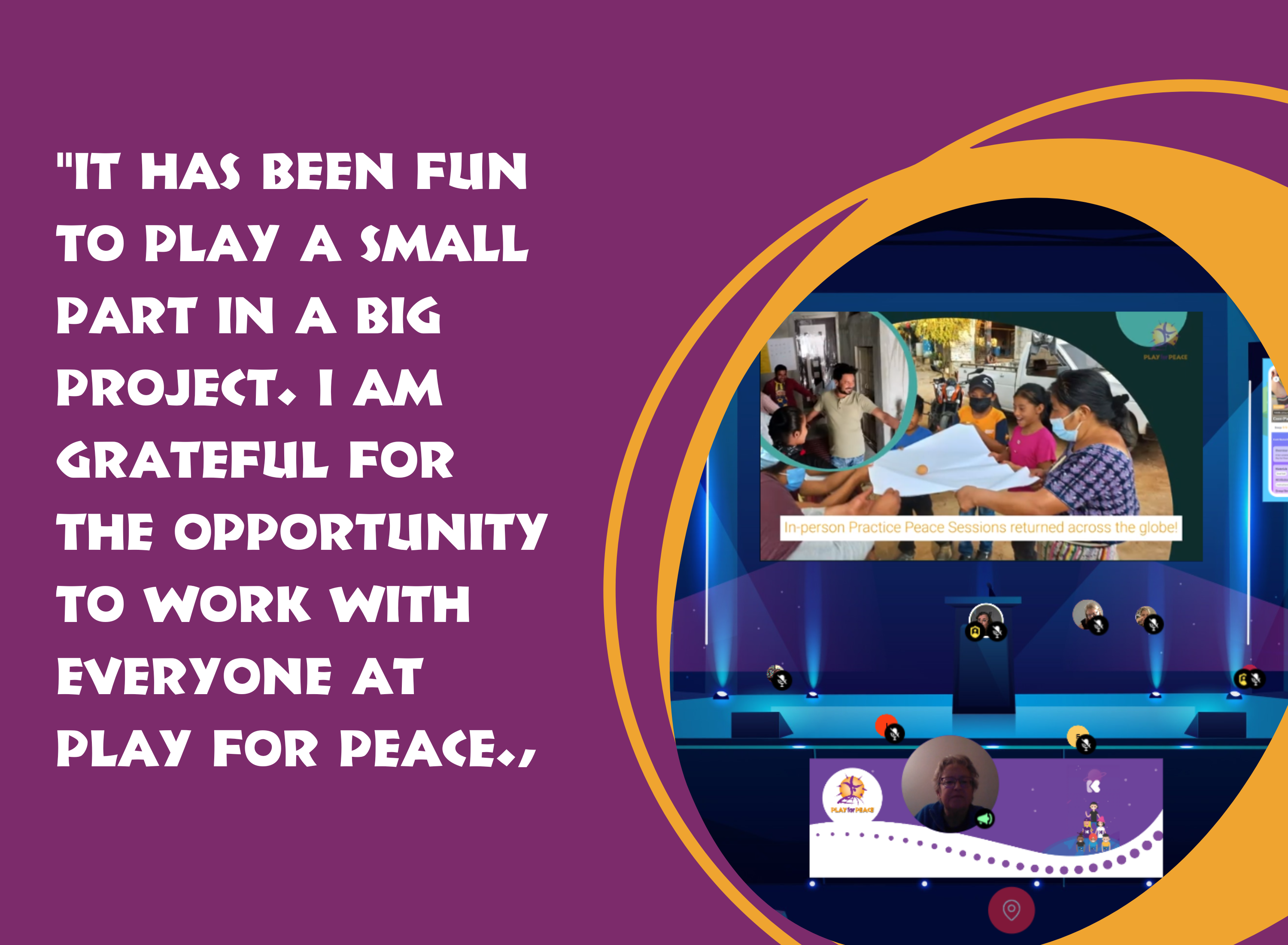
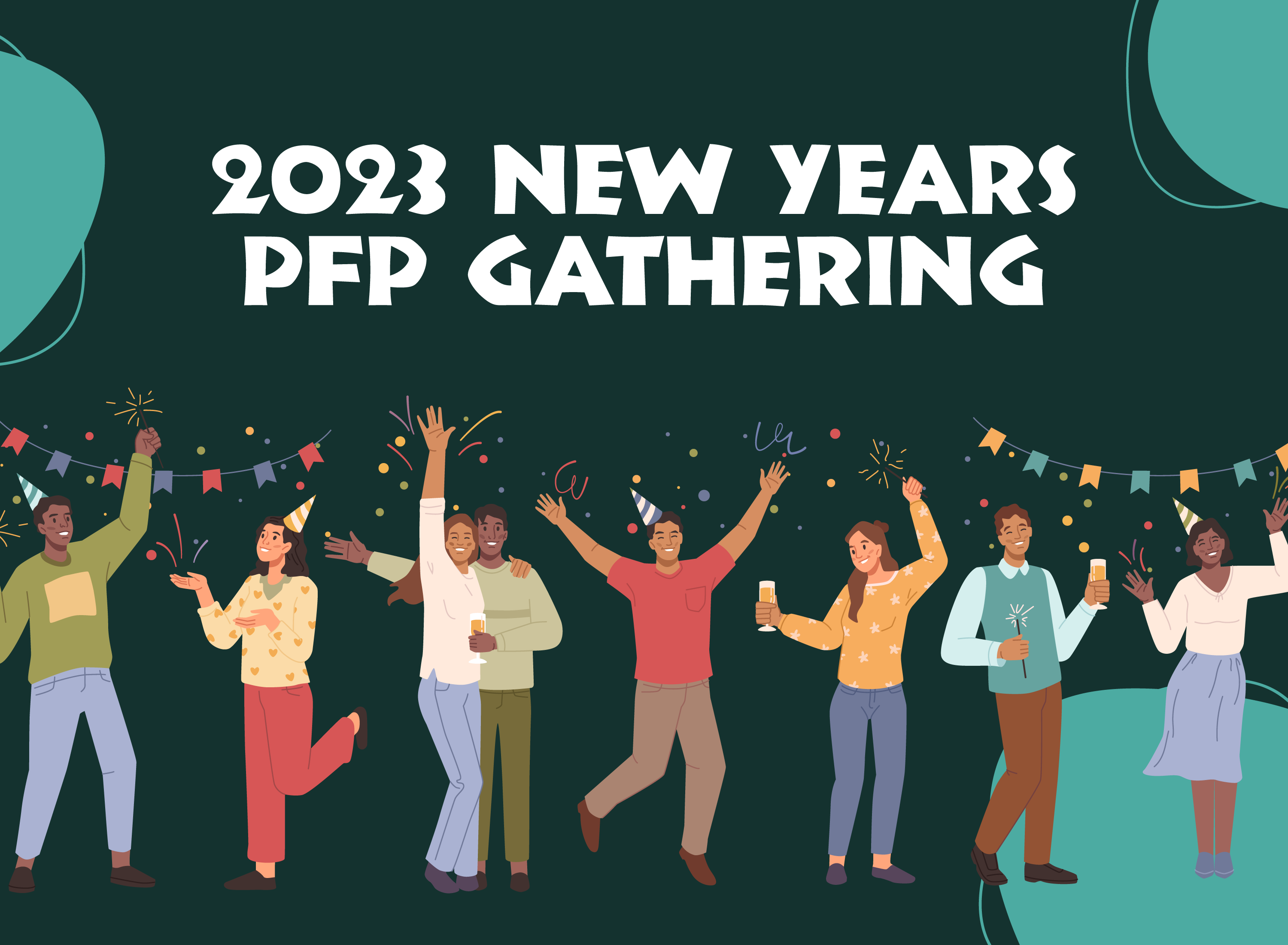
 adjust your sails (1000 × 838 px) (3000 × 2200 px).png)
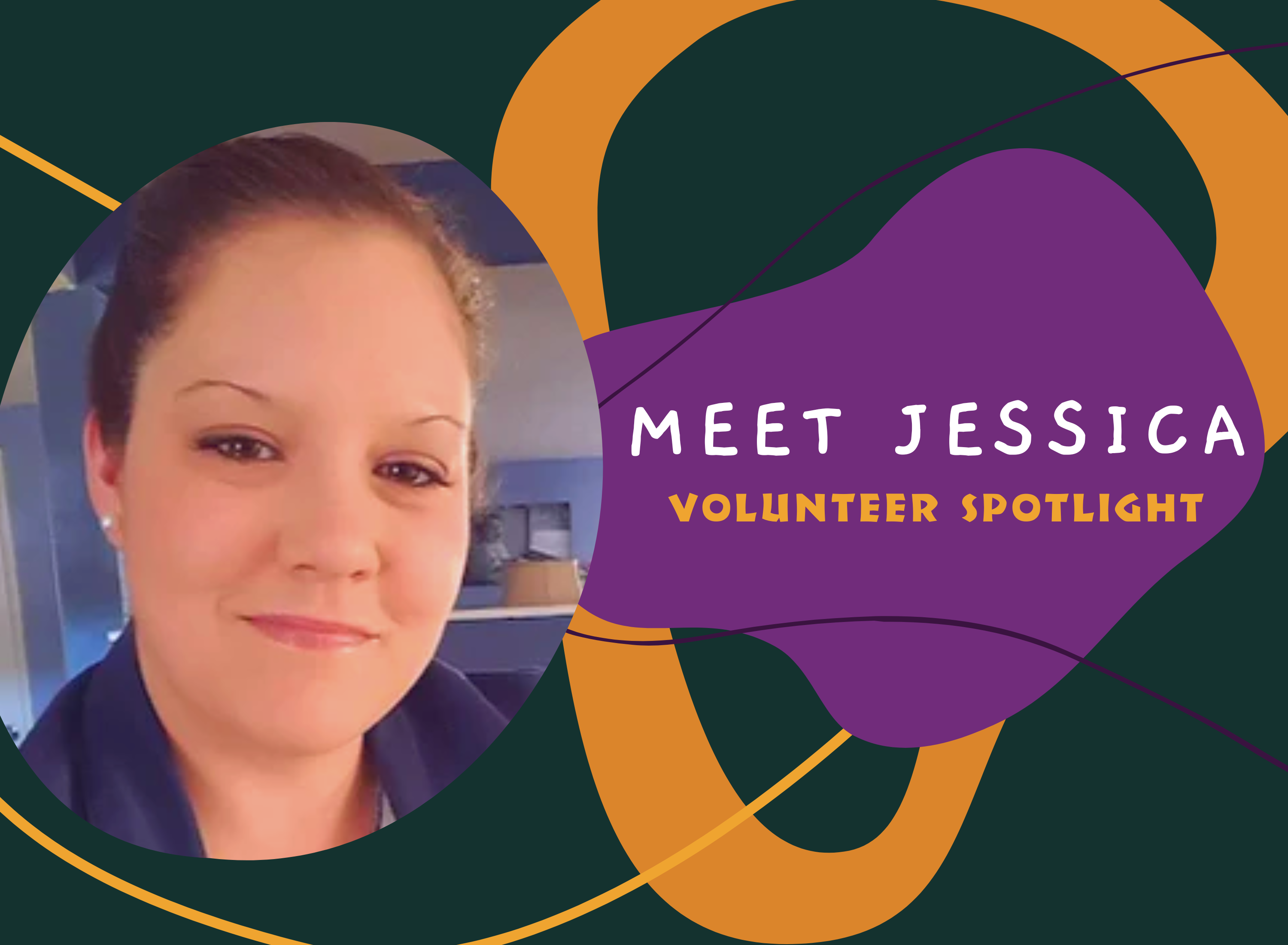
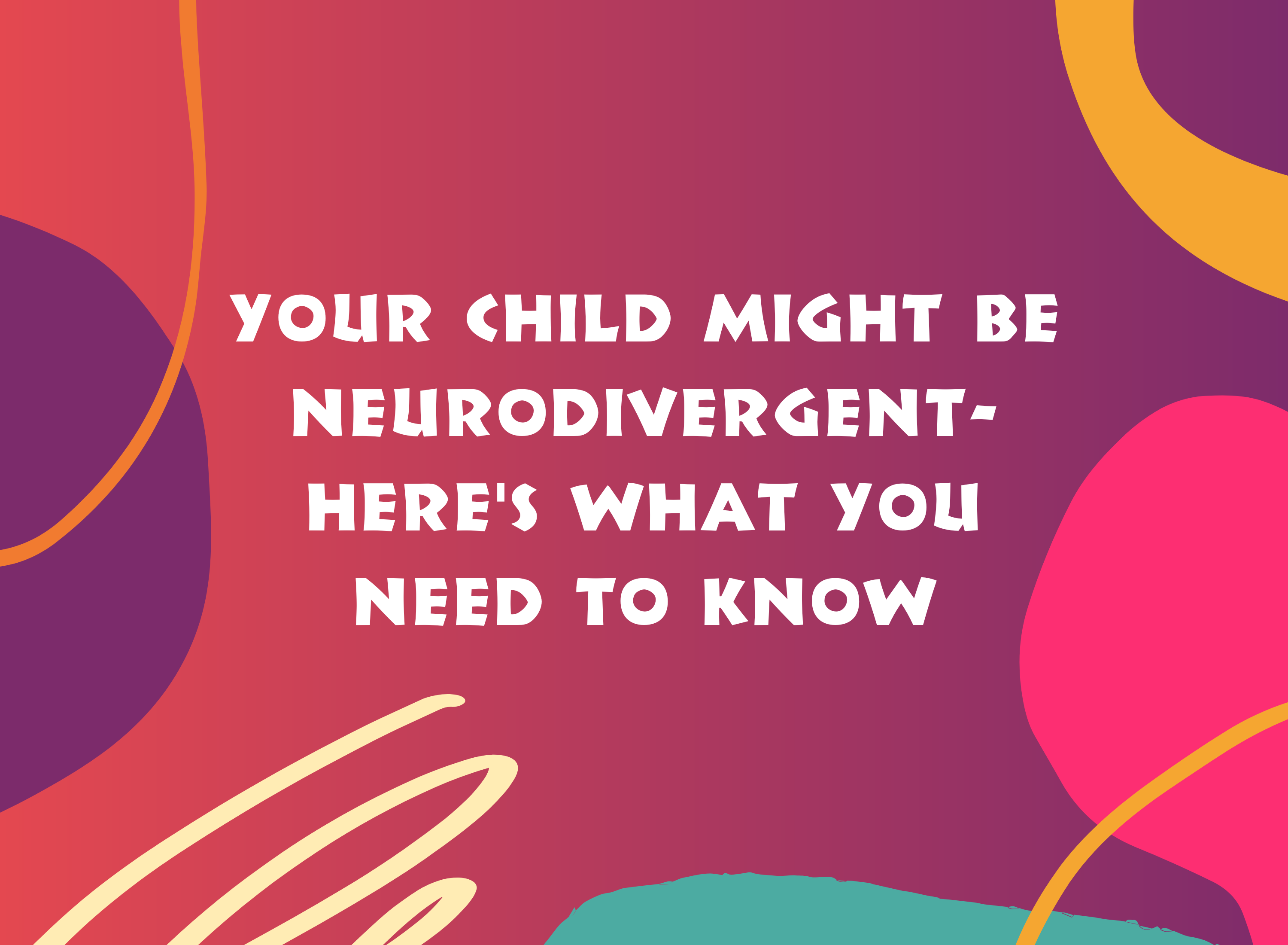
.png)
.png)
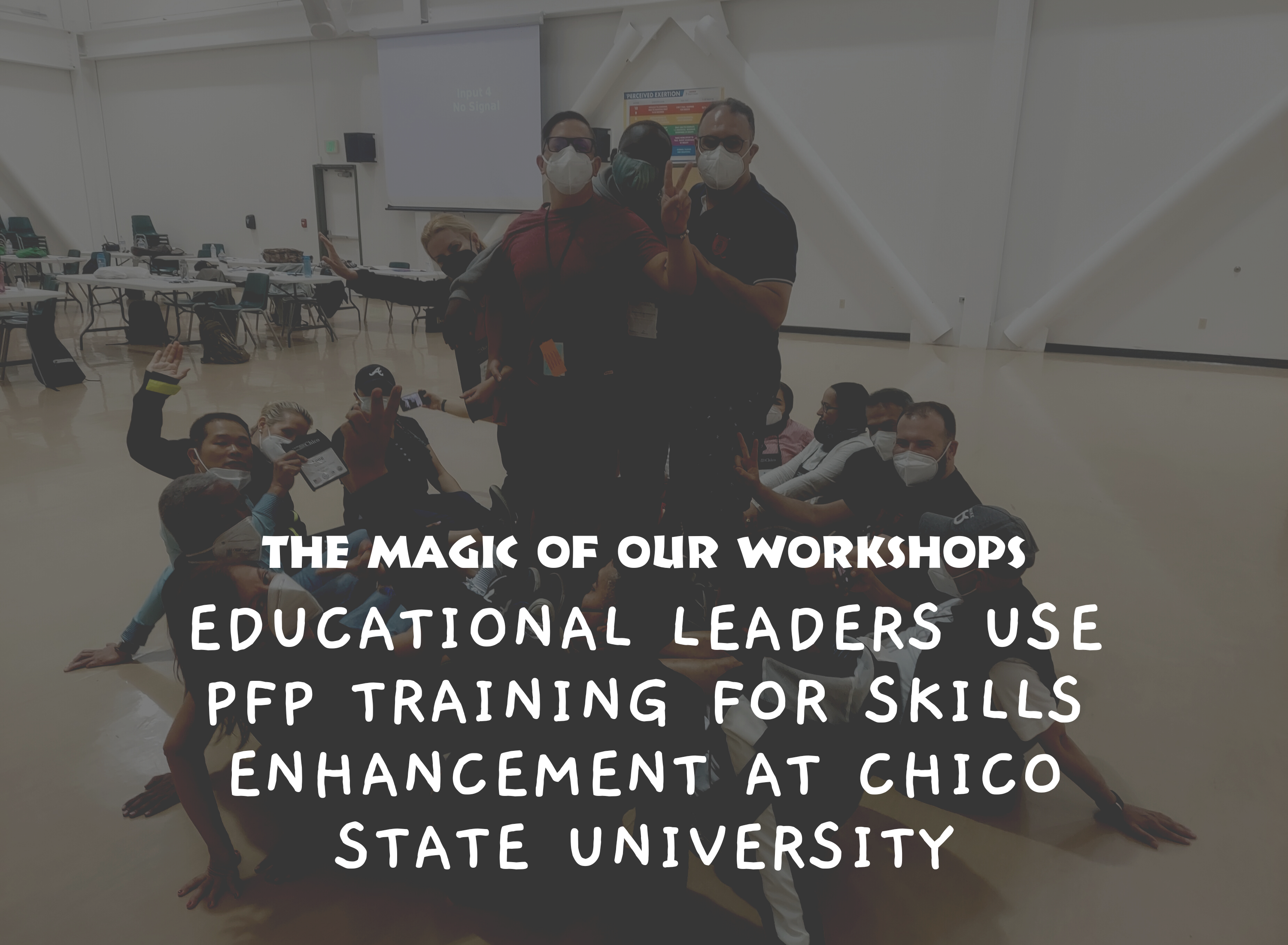
.png)
